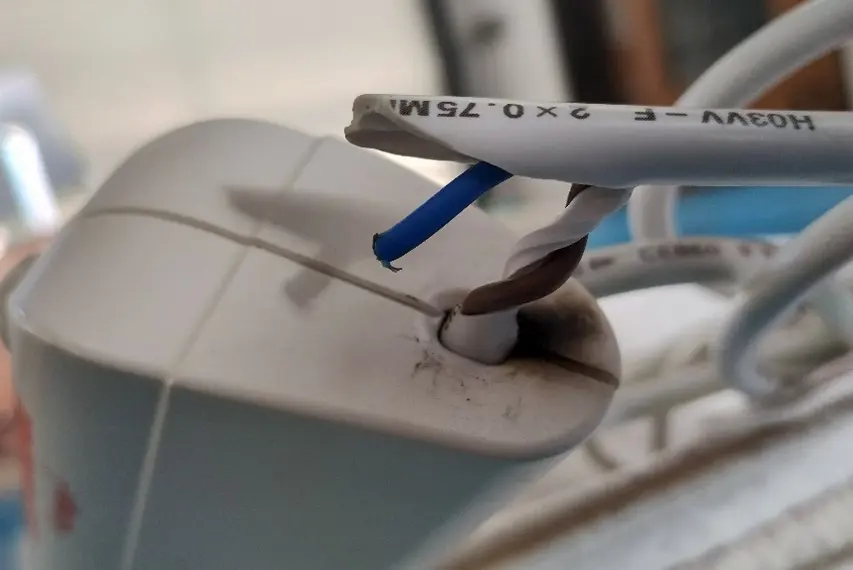Vaccinations for school aged children
Boosters are given to school aged children to top up immunity which can decrease over time, so they are important even if a child had a vaccination as a baby or infant.
Reception to Year 11
Influenza vaccine
One dose annually protects against influenza (flu). The vaccine is given as a nasal spray each winter because the virus changes and new strains appear. The nasal spray contains a small amount of porcine but there is an injectable alternative available on request.
School years offered a flu vaccination vary depending on annual advice from the Joint Committee on Vaccination and Immunisation (JCVI).
Age 12 to 13 (Year 8)
HPV vaccine
One dose protects against human papillomavirus (HPV). HPV is very common and most strains do not cause symptoms but some can cause genital warts and others can lead to cancer.
Girls under 25 and boys born after 1 September 2006 who missed having the vaccine at school can have the HPV vaccination at their GP surgery.
Age 14 (Year 9)
3-in-1 teenage booster vaccine
One dose protects against tetanus, diphtheria and polio. The booster vaccine tops up immunity which may have decreased since the preschool booster.
MenACWY vaccine
One dose protects against bacteria linked to meningitis. Anyone who missed their MenACWY vaccination can have it up to age 25 at their GP surgery.
Meningitis is an infection of the protective membranes that surround the brain and spinal cord (meninges). It can affect anyone but is most common in babies, young children, teenagers and young adults.
Meningitis can be very serious if not treated quickly and can cause life-threatening blood poisoning (sepsis) and result in permanent damage to the brain or nerves.
Community vaccination clinics
School aged vaccinations are usually given in school by the School Aged Immunisation Service (SAIS). The service also run community clinics during school holidays for anyone who has missed a vaccination in school.
For details of clinics during the next school holiday and how to book an appointment, visit the SAIS catch-up clinics page.








